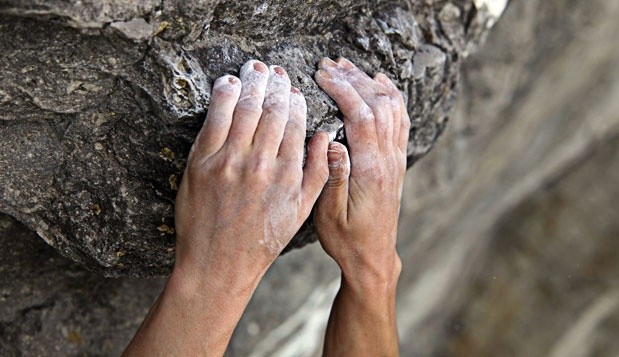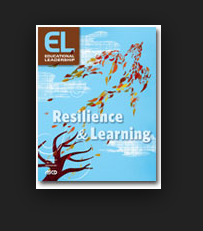This week, one of our parents kindly sent me an audiolink which I might otherwise have missed amid the ebullience of welcoming students back to school. The report, broadcast on the “Morning Edition” of National Public Radio (NPR) last Monday, after having first been aired in November 2012, was entitled, “Why Eastern and Western Learners Tackle Learning Differently”. According to the summary I read on the NPR website, “For the most part in American culture, intellectual struggle in school children is seen as an indicator of weakness, while in Eastern cultures it is not only tolerated, it is often used to measure emotional strength.” Hmmm, I thought to myself and began to listen (http://n.pr/1e11d3A), instantly captivated by a story about an American research psychologist who, when observing a Japanese fourth grade classroom in which a teacher was showing her students how to draw a three-dimensional cube, witnessed something which gave him cause for reflection.
Rather than ask the most accomplished student in the classroom to demonstrate her skills at the front of the class, the teacher asked the student who appeared to have the greatest difficulty in depicting the object to approach the blackboard. And as this particular student struggled at length to draw the cube just right, the Japanese teacher repeatedly asked the rest of the class to say whether or not they thought the student had succeeded, leading to several distressed moments for the empathetic researcher as he heard the class tell the student that, well, no, he had not yet mastered the task at hand. Yet to the researcher’s surprise, the student at the blackboard tried again and again, seemingly unperturbed, until he finally managed to depict the three-dimensional cube as required, at which point the entire class erupted in applause and the persevering student beamed with pride.
While listening to this recording, a number of thoughts came to mind, not least among which was the question of where our own school stands on the subject of “intellectual struggle”. How do we perceive the need to make an effort before being able to master something? Do we consider that exertion to be a sign of weakness or a source of strength? Do we remember most the difficulties a person might face or his or her determination in overcoming them? I must say, as I think back on countless conversations I have had with students, teachers and parents at the Lycée Français de New York, not to mention my own views on this matter, the answer is clear. In our educational community, we appreciate and value effort, what University of Pennsylvania Professor Deborah Perkins-Gough calls “grit” (“The Significance of Grit”, Educational Leadership, September 2013, pp. 14-20)
For Perkins-Gough, grit combines the notion of resilience, “the idea of a positive response to failure or adversity”, and that of passion, understood as the choice “to do a particular thing in life…and to give up a lot of other things in order to do it…[sticking] with those interests and goals over the long term”. Moreover, based on extensive findings from more than a decade of research, the University of Pennsylvania professor affirms that those with the highest levels of grit are also those in the end who attain the highest levels of achievement. What an excellent reminder, n’est-ce pas? A reminder that the world-class education we are providing should always be anchored in a number of grit-inducing principles, like the following: a. the greatest learning always takes place when we undertake it ourselves, especially when doing so demands hard work; b. challenge is good and when it is not there we should seek it out; c. setbacks are part and parcel of existence and must be seen as an opportunity to cultivate determination and by dint of determination to grow as individuals; and d. the efforts we need to make in life vary from person to person, but like all reflections of diversity, such efforts are always deserving of our respect, admiration and celebration.
About the Author :
Sean Lynch was Head of School at the Lycée Français de New York from 2011 to 2018, after having spent 15 years at another French bilingual school outside of Paris: the Lycée International de St. Germain-en-Laye. Holding both French and American nationalities, educated in France (Sciences Po Paris) and the United States (Yale), and as the proud husband of a French-American spouse and father of two French-American daughters, Sean Lynch has spent his entire professional and personal life at the junction between the languages, cultures and educational systems of France and the United States. In addition to being passionate about education, he loves everything related to the mountains, particularly the Parc National du Mercantour.


